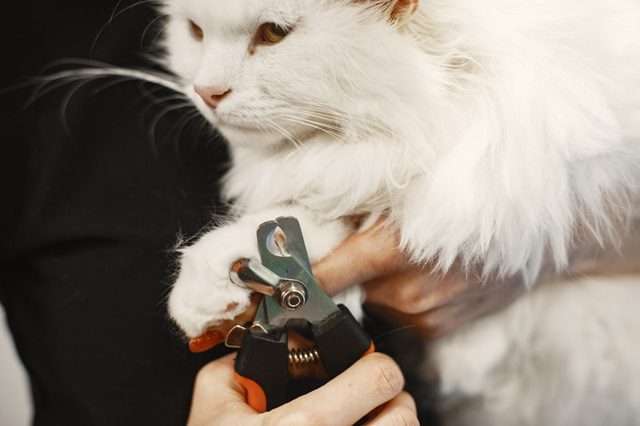Have you ever wondered if your feline friend could be more than just a cuddly companion? While dogs are commonly known as service animals, assisting individuals with disabilities, cats are often overlooked in this role.
But can a cat be a service animal? Let’s explore this question and discover how cats can support and assist their owners.
Can a Cat Be a Service Animal?
In the United States, the ADA does not legally recognize cats as service animals. Therefore, legally speaking, the term “service cat” does not have the same recognition or protections as “service dog.”
While dogs are traditionally trained as service animals to carry out specific tasks for individuals with disabilities, cats can also provide valuable support as emotional support animals (ESAs) or therapy animals.
Following the appropriate channels and obtaining real ESA letters online is important to ensure your cat is identified as a legitimate emotional support animal.
Service Cats vs. Emotional Support Cats
While the law does not recognize service cats, cats can perform tasks that they’re trained to do. While less common, some cats can provide physical assistance to their owners, such as retrieving small objects or pressing buttons or switches.
On the other hand, emotional support cats provide comfort and companionship to individuals with mental health concerns, such as anxiety or depression, but they are not trained to perform specific tasks.
Training a Service Cat
Not all cats are suitable for training. Look for calm, sociable cats, that are responsive to training cues. It’s essential to assess the cat’s temperament before beginning training.
Training a service cat requires patience, consistency, and a deep understanding of the cat’s behavior and abilities.
Working with a professional trainer experienced in training service animals is essential to ensure that the cat is trained effectively and safely.
Benefits of Having a Support Service Cat
Cats have keen senses and can be trained to alert their owners to particular sounds, such as a knock at the door or an alarm going off. They may not respond in the same way as a dog, but they can still indicate that something is happening.
The presence of a service cat can provide emotional support and companionship to persons with mental health conditions. Cats are generally known for their calming presence and can help reduce loneliness and stress.
Cats can also be trained to engage in specific social interactions, such as sitting on their owner’s lap to provide comfort or gently nudging them to indicate affection.
A Positive Impact
While cats are not legally recognized as service animals, they can still play a valuable role in supporting and assisting their owners. The answer to the question of can a cat be a service animal, in short, is legally no. However, this does not mean that they cannot be therapy or emotional support animals.
Cats can be trained, and they can make a positive impact on the lives of their owners and assist in different ways. Did you find this information interesting? Visit our website for more enlightening blogs on different topics.

